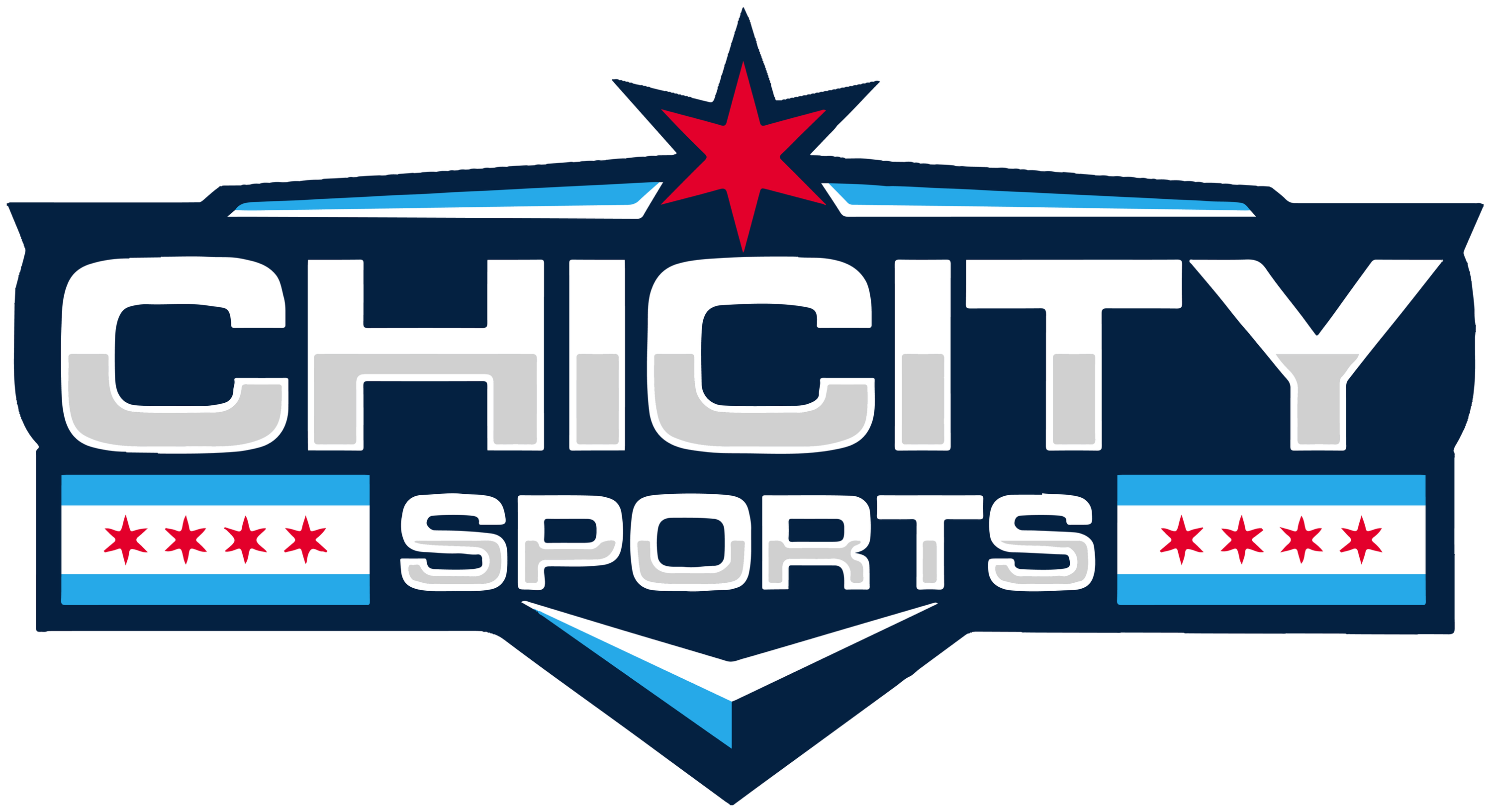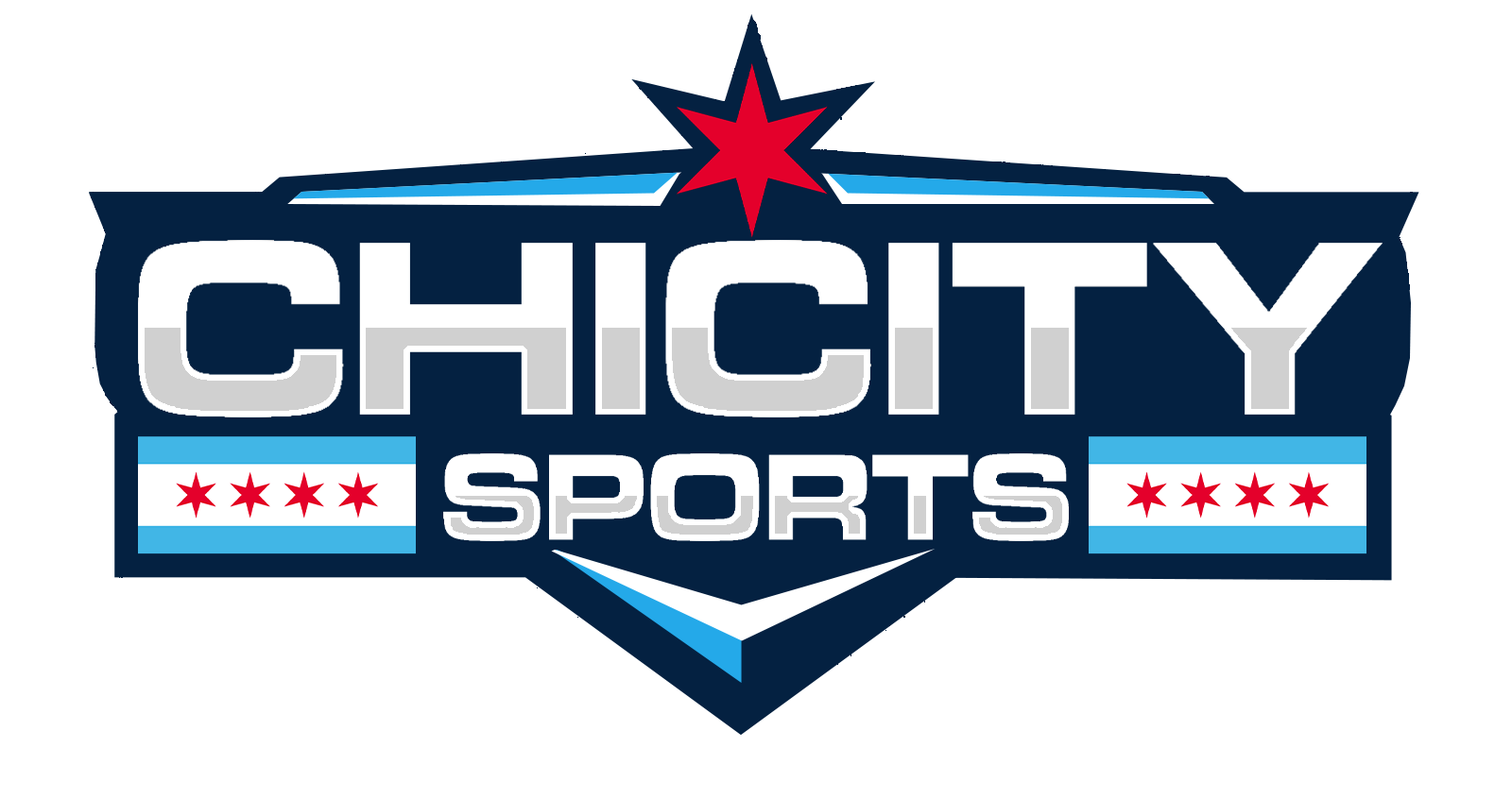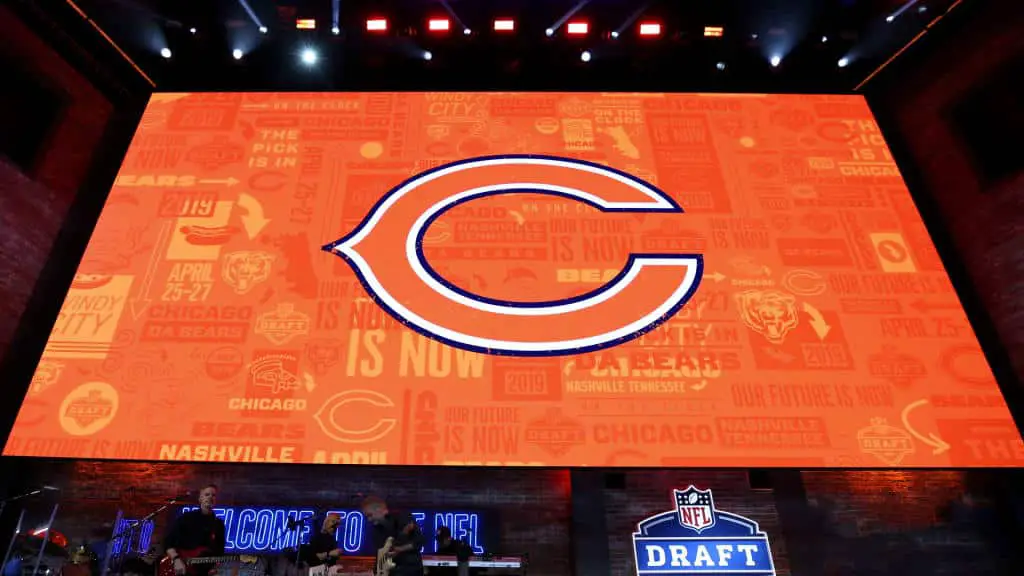The NFL finds itself surrounded by a growing blizzard where it has had to establish different policies, regulations, commercial interests and social implications revolving around sports betting. Talks about the NFL stand on gambling, the NFL collaboration with betting entities, and the strange reactions on the players and fans have made the gambling in the case of the NFL to be one of the hot topics in recent times. Our examination will examine the various guidelines for players, teams and NFL personnel, pay attention to business relationships with sports betting firms; and the adverse impacts on the fan bases.
Effects of Evolving Terrain on the NFL’s Betting Regulations
The essence of sports gambling has gone through real serious transformations in the recent past. The U.S. Supreme Court nullified the Professional and Amateur Sports Protection Act of 1992 (PASPA) in its May 2018 ruling whereby it prohibited sports betting nationally. In turn, states received the powers to legislate their own framework. Thus, the sports betting legislation exists in 39 states now.
The legislative development unfolding alongside the progress in technology, gives comfort to individuals including sportsmen to make bets in any location and at any time. However, the NFL needs to tighten its control on gambling policies in order to maintain the essence of sports and go along with the business side of sports betting while keeping the integrity of the game intact.
Fresh Regulations and Guidelines
In the frame of these emanations, the NFL has decided to implement a new set of regulations and guidelines to regulate the gambling acts inside the organization. Such measures that include compulsory educational programs for every newcomer and prohibitions against wagering activities by the NFL and participating sportsbooks during the competition season are included in these guidelines. Thus, the modifications have been seeing criticisms for obscurity and ambiguity. The advent of these novel regulations has been mainly aimed at providing a groundwork for excellency while investigating the commercial opportunities presented by the sports betting business.
The NFL’s Stance on Gambling: An Opposing Viewpoint
The NFL’s position on gambling demonstrates a complex outlook. Although the league has banned all personnel, other than active players, from engaging in sports betting, the players are allowed to bet on any non- NFL sport legality. This particular policy has ignited discussions regarding its fairness and effectiveness.
For players, the NFL has established six fundamental guidelines concerning gambling conduct: refraining from placing bets on NFL games, never gambling at team venues or while traveling, not allowing others to bet on their behalf, staying mum about team information, staying away from sportsbooks during the NFL season, and not messing with daily fantasy football. In contrast, people working in non-playing roles such as coaches would face a full ban on all kinds of sports betting in and around the NFL. Such a suspension covers wagers on non-NFL events and avoids any forms of placing bets even when you are away from the team facilities.
NFL and Business Interests: A Convenient Alliance?
For example, Over the last year, the National Football League announced long-term contracts amounting to $1 billion with online casino platforms such as Golden Nugget, FanDuel, and Caesars Entertainment, Inc., appointing them as significant partners within the league. Additionally, the NFL inked partnership deals with other firms like MGM Resorts, WynnBET, FOX Bet Super 6, and PointsBet, among others.
From an NFL side, this bargaining has meant that betting firms now have the ability to promote and advertise promotions in games and during until another league related occasion. In recent times, DraftKings has been sponsoring well-known celebrities and athletes. The main purpose of this type of advertising is to both attract the new players and to retain the old bettor.
These alliances have not only provided the NFL with new sources of revenue but also have allowed for the NFL to expand its brand. On the other side, these agreements also constitute queries regarding the apparent contradiction from which the League now makes its profit from but strongly discredited in the past.
The Dilemma: Balancing Business Interests with Player Wellbeing
The NFL has clearly benefited from the commercial scopes given by sports betting but this has brought along with it the repercussions of the players absorbed in the betting fever.
An instance is Calvin Ridley’s waging on NFL games for one year which opened by suspending the Jacksonville Jaguars wide receiver from the league. Even though Ridley’s activities were on the brink of discipline from the NFL being a hugely profitable entity, this is an example of opposite interests between the league’s financial and player well-being.
The Ridley case also occurs after the NFL makes lots of money off picking winning teams. Hence, some Detroit Lions players were found to be engaging in gambling activities that led to their suspense. On the one hand, players experience strict rules and penalties for violating the gambling urgency, but on the other hand non players like coaches and team personnel have very few limits and restrictions.
This situation shows that the league is issuing penalties and punishing for the players betting while the league at the same time promotes the betting industry which it is supposed to be regulating.
The Effect on Fans: A Risky Wager?
The NFL’s connections with sports betting companies do not only affect the players and the league itself. It also affects the bigger picture. Fans, along with bettors, also get involved in the gambling world. The normalization of sports gambling and the introduction of different marketing efforts and gambling stages makes the fans very vulnerable to the temptation of betting.
Research suggests that sports betting can activate addictive urges. Factors such as control bias, risk-reward time shift, and high speed and frequency of bets all lead to the development of gambling addiction among punters.
Besides that, the tireless marketing that glorifies gambling is labeled as a form of exploitation. Such promotions encourage betting on games and as such become a stumbling block to programs aimed at fighting irresponsible gambling.
The fans will start puzzling over the league’s commitment to maintaining a fair play philosophy and the integrity of the game’s when it seems that it puts its financial interests before uniformity in rules regulating gambling.
The critics say that the dealing of the NFL with the betting enterprises detracts from the sport’s fundamental fairness. The theme of the game changes from players’ skills and abilities to the fact of betting and potentially impacting fans’ enjoyment and appreciation of the game.
Requirement for Enhanced Supervision and Regulation
Given that the NFL’s engagement with sports betting has become more complex over the years, now there is a strong need for harsher control and effective regulation. The NFL, therefore, needs to reconcile its business goals with its duties to players and the fans.
In spite of the fact that industry self-regulation has its own place, it is not to replace the need for comprehensive performing regulators. The Sports betting sector continuously grows. Therefore, it requires a regulatory framework that can embrace its expansion and deal with the possible negative impacts too.
Along with this, state legislators can easily reinforce consumer protection by allocating budget resources to fighting against deceptive advertising and ensuring strong consumer protection measures.
The Importance of Uniformity and Clarity
The persistence of sports betting is clearly demonstrated by the former think that the NFL’s involvement will grow even more. While diligently sailing the thorny path of this delicate web, however, the league is responsible for providing good support for everyone.
The NFL’s position concerning the issue of gambling has transformed dramatically during these times, and the tendency is to look like reactions to legal changes and to the potency of profit derived from the world of sports betting. Nevertheless, nonparallel issuances, rules for players, owners and employees, and bonds with betting organizations could ignite the question of justice and transparency.
The NFL should streamline the process of its gambling policies and should deal with equity among the stakeholders. Unambiguous and rigorous policies and extensive implementation of the enforcement measures are fundamental to prevent conflicts of interest and keep sports clean. On the other hand, the league should pay attention to the fans’s welfare by pushing for responsible gambling habits and offering helping systems for the people who may be vulnerable to gambling-related problems.
For More Great Chicago Sports Content
Get the latest Chicago sports news, analysis, and breaking stories on the Bears, Bulls, Blackhawks, Cubs, White Sox, Sky, and more! Tap the star to add us to your favorites on Google News, so you never miss a story on your favorite Chicago teams.
Follow us on Twitter at @chicitysports23 for more great content. We appreciate you taking time to read our articles. To interact more with our community and keep up to date on the latest in Chicago sports news, JOIN OUR FREE FACEBOOK GROUP by CLICKING HERE




